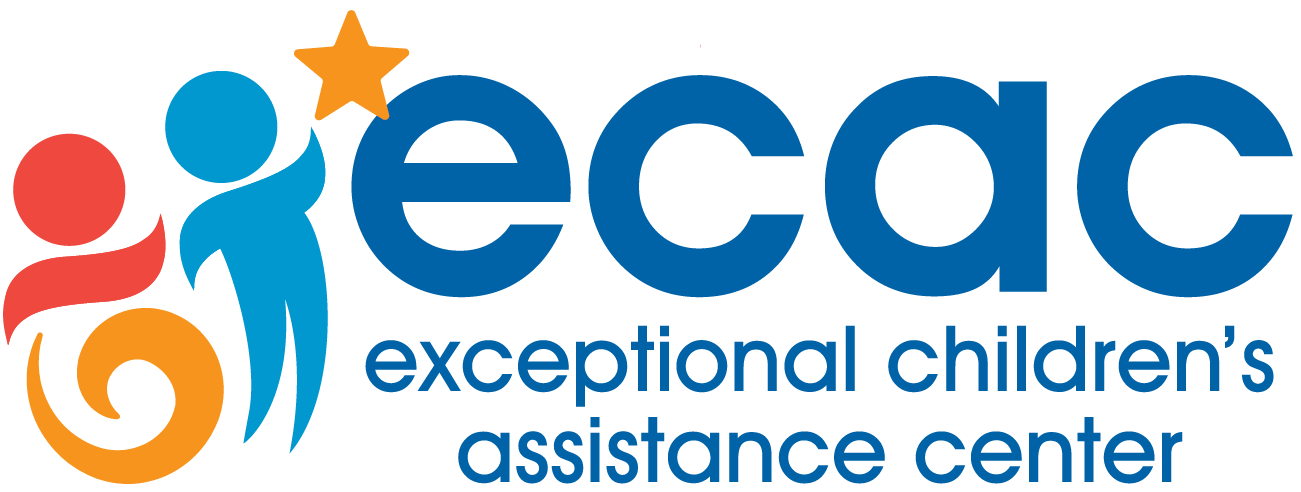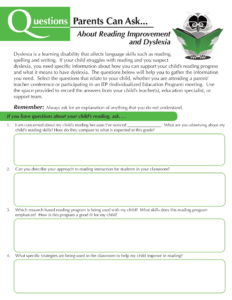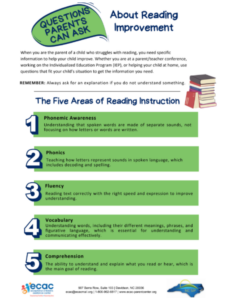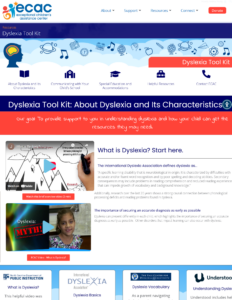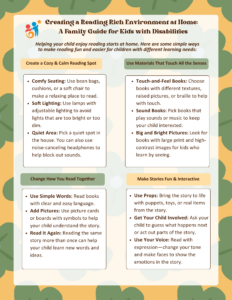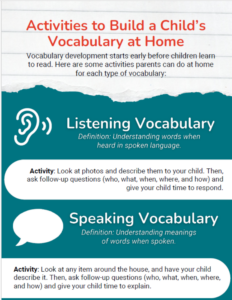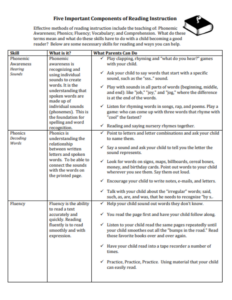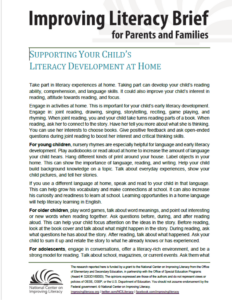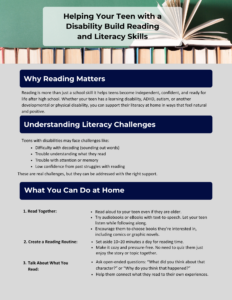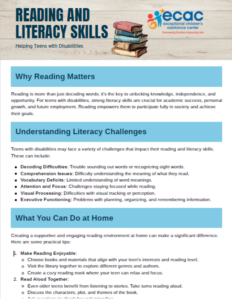
Reading for All: Family Resources to Support Diverse Learners
Welcome to the North Carolina State Improvement Project (NC SIP) reading resource page! Reading is a powerful tool that helps children grow, learn, and explore the world around them. For children with disabilities, reading can be especially important because it opens doors to new ideas and helps build skills that support daily life. Supporting reading in children with disabilities can lead to greater independence, confidence, and success in life. Here, you’ll find valuable materials to help support the reading journey of your child with disabilities.
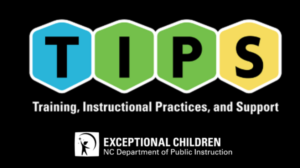 Families are essential to the growth and development of students. The positive impact on a child’s academic and emotional well-being is evident in the numerous research studies conducted for over 50 years. Below are some resources that can help families begin to take positive steps forward in partnering with schools to support their student’s achievement.
Families are essential to the growth and development of students. The positive impact on a child’s academic and emotional well-being is evident in the numerous research studies conducted for over 50 years. Below are some resources that can help families begin to take positive steps forward in partnering with schools to support their student’s achievement.
Website Resources
Website dedicated to helping children with disabilities develop reading skills, offering free resources, tips, and articles for families. Below are links to some great pages within the Reading Rockets website:
– Reading Tips for Children with Disabilities
– Assistive Technology for Reading
– Reading 101: A Guide for Parents
– Literacy Tips for Parents
– Target the Problem
– Grocery Store Literacy Activity Sheets
A free online library for students with disabilities, offering access to a wide range of books in formats like audio and braille.
Provides expert advice on understanding and supporting children with learning and attention issues, including many helpful reading resources.
NCIL offers free, easy-to-use tools and resources to help families and educators improve literacy skills for students.
A free bilingual website providing information to educators and Spanish-speaking families of English Language Learners.
A resource-rich website for families with children who have dyslexia, providing reading strategies, educational materials, and support groups.
Offers accessible books, braille resources, and tools designed for children with visual disabilities.
RIF offers free books, fun activities, and helpful tips to make reading enjoyable for kids at home.

Making Summer Count: Learning Doesn’t Stop When School Does
Preventing learning loss during the summer months is crucial for children with disabilities. Click below for tips to support continuous learning
